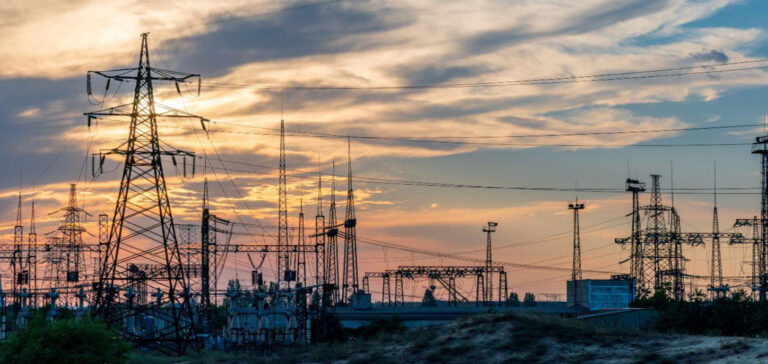China’s Electricity Production Reaches Seasonal Record, according to data from the National Bureau of Statistics. This growth of almost 63 billion kilowatt-hours (kWh), an increase of 9% over the same period last year, reflects the economic recovery from the disruption caused by the pandemic and lockdowns.
Several sectors contributed to this increase, including the service sector (17%), manufacturing (9%), primary industries (9%) and residential users (7%), compared with September 2022.
However, despite these developments, hydroelectric generation in September 2023 did not significantly exceed 2021 or 2020 levels. Prolonged drought conditions in southern China since mid-2022 have affected hydroelectric production, forcing us to offset the deficit with thermal generation, mainly coal-fired.
In response to these challenges, the central government has imposed caps on domestic coal production and increased imports to ensure that coal-fired power plants have sufficient supplies, preventing a recurrence of the 2021 shortages.
National coal production reached a seasonal record of 393 million metric tons in September, up from 387 million in the same month last year and 334 million in 2021. At the same time, coal imports also reached a seasonal record of 42 million tonnes in September, up from 33 million in 2022 and 2021.
Transition to Renewable Energies
China is investing heavily in renewable energy generation to reduce greenhouse gas emissions and cut its dependence on imported oil and gas. However, the growth in renewable energy is still not enough to meet rising demand, leaving dependence on coal unchanged.
The country has added 226 GW of additional generating capacity by 2023, mainly thanks to a considerable increase in solar capacity (129 GW), as well as more modest increases in thermal (39 GW), wind (33 GW) and hydroelectric (8 GW). However, thermal power plants generated far more hours on average (3,344 hours) than hydroelectric (2,367 hours), wind (1,665 hours) and solar farms (1,017 hours), according to data from the National Energy Administration.
As a result, coal remains an essential part of China’s “all options” approach to energy security, guaranteeing an abundant and reliable power supply.






















